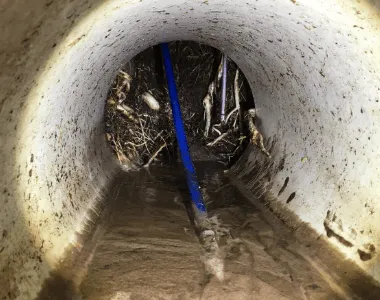The Heart of Sound: Inside a Recording Studio
Recording studios are fascinating spaces where creativity and technology intersect to produce some of the most memorable music and audio experiences. Whether it’s a Recording Studio Services small home studio or a large commercial facility, each studio has its unique vibe and capabilities, contributing to the magic of sound production. Let’s explore what makes a recording studio an essential part of the music-making process.
1. The Anatomy of a Recording Studio
A typical recording studio consists of several key areas:
- Control Room: This is where the sound engineer operates the mixing console and monitors audio levels. It’s equipped with high-quality speakers, computers, and various pieces of recording equipment.
- Live Room: This area is where musicians perform. It’s designed to capture sound effectively, often with acoustical treatments to enhance sound quality.
- Isolation Booths: These small rooms are used for recording vocals or specific instruments without interference from other sounds. They’re crucial for achieving clarity in recordings.
- Lounge Area: A comfortable space for artists and producers to relax, brainstorm, or collaborate.
2. Essential Equipment
Recording studios are stocked with various equipment that plays a pivotal role in sound production:
- Microphones: Different types of microphones capture sound in unique ways, from dynamic mics for live vocals to condenser mics for studio recordings.
- Mixing Consoles: These allow sound engineers to adjust levels, add effects, and blend different audio tracks to create a cohesive sound.
- Digital Audio Workstations (DAWs): Software like Pro Tools, Logic Pro, or Ableton Live is used for recording, editing, and producing music.
- Monitors and Headphones: High-quality speakers and headphones are essential for accurately hearing and mixing audio.
3. The Recording Process
The journey from inspiration to finished product involves several stages:
- Pre-Production: This phase includes songwriting, arranging, and rehearsing. Artists work with producers to refine their sound before entering the studio.
- Tracking: During this stage, musicians record their parts, often layering instruments and vocals. The goal is to capture the best performance.
- Editing: Once all parts are recorded, the engineer cleans up the tracks, removing any unwanted noise and adjusting timing or pitch as necessary.
- Mixing: This crucial step involves balancing levels, applying effects, and ensuring all elements work together harmoniously.
- Mastering: The final step in the process, mastering enhances the overall sound and prepares the track for distribution.
4. Collaboration and Creativity
Recording studios are not just about technology; they are hubs of creativity and collaboration. Producers, engineers, and musicians often work closely, sharing ideas and experimenting with sounds. The environment can inspire innovative approaches to music, leading to unexpected results that define genres and create hits.
5. The Evolution of Recording Studios
With advancements in technology, the landscape of recording studios has changed dramatically. The rise of home studios and digital audio workstations has made music production more accessible than ever. While professional studios still offer superior acoustics and equipment, many independent artists now create high-quality music from their bedrooms.
6. Choosing the Right Studio
For artists, selecting the right studio is essential. Factors to consider include:
- Budget: Studios vary in price, so it’s important to find one that fits your budget while meeting your needs.
- Reputation: Researching studios and their engineers can provide insight into their experience and the quality of their work.
- Equipment: Ensure the studio has the necessary gear for your project, whether it’s specific microphones or a particular type of DAW.
- Atmosphere: A comfortable and inspiring environment can enhance creativity and productivity.
7. Conclusion
Recording studios are the beating heart of the music industry, where artistry and technology come together to create unforgettable sounds. Whether you’re an aspiring musician or a seasoned professional, understanding the ins and outs of a recording studio can help you navigate the complex world of music production. As technology continues to evolve, the possibilities for sound…


